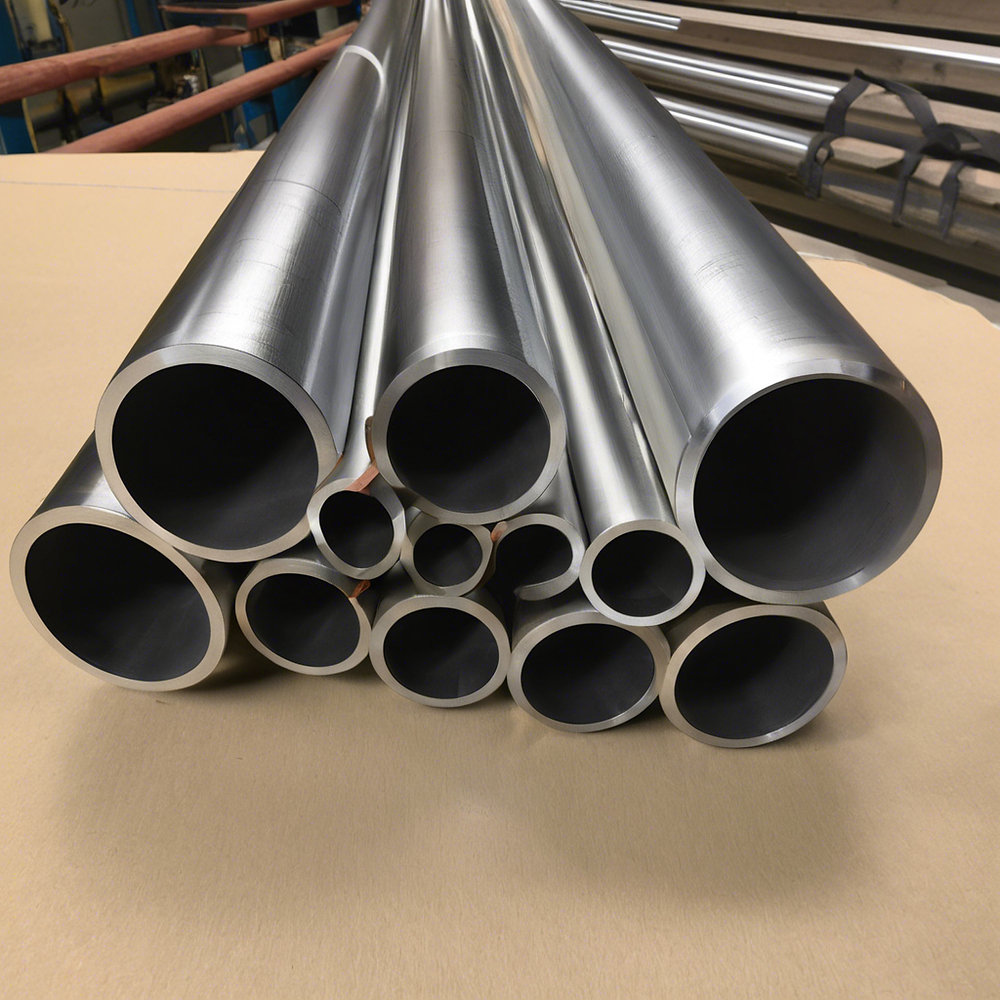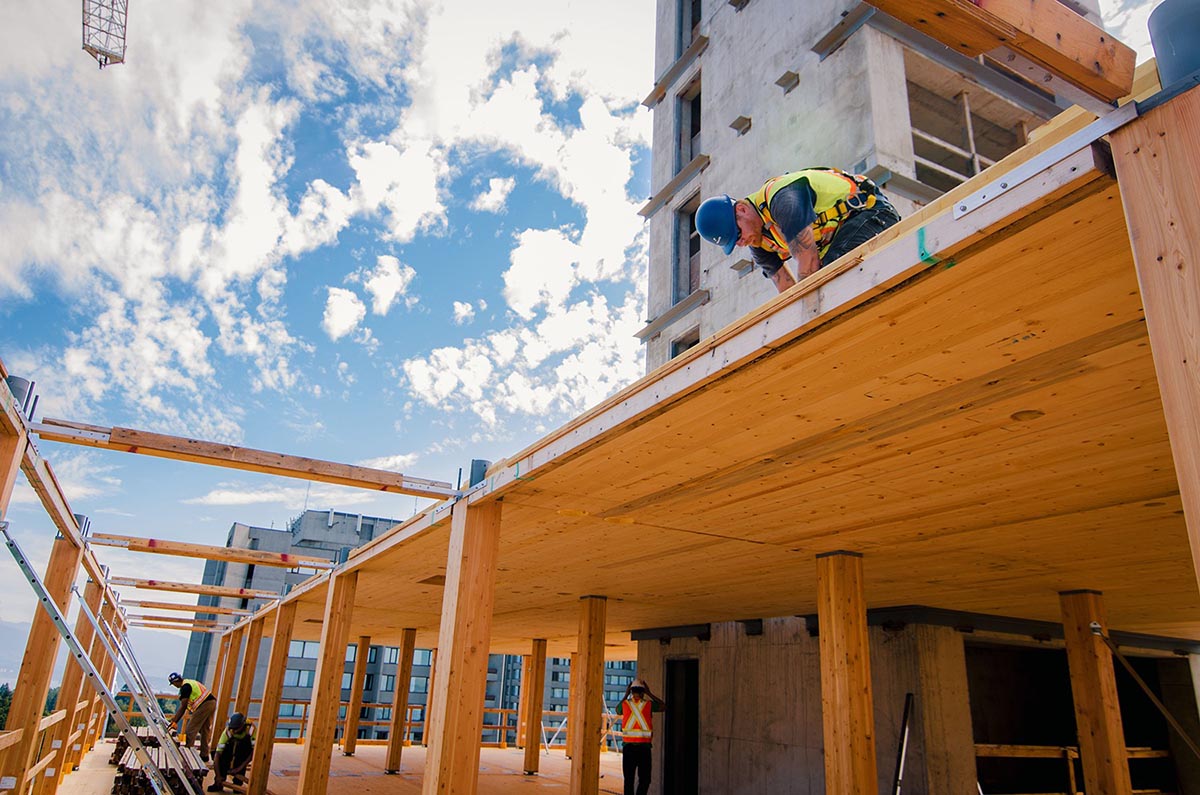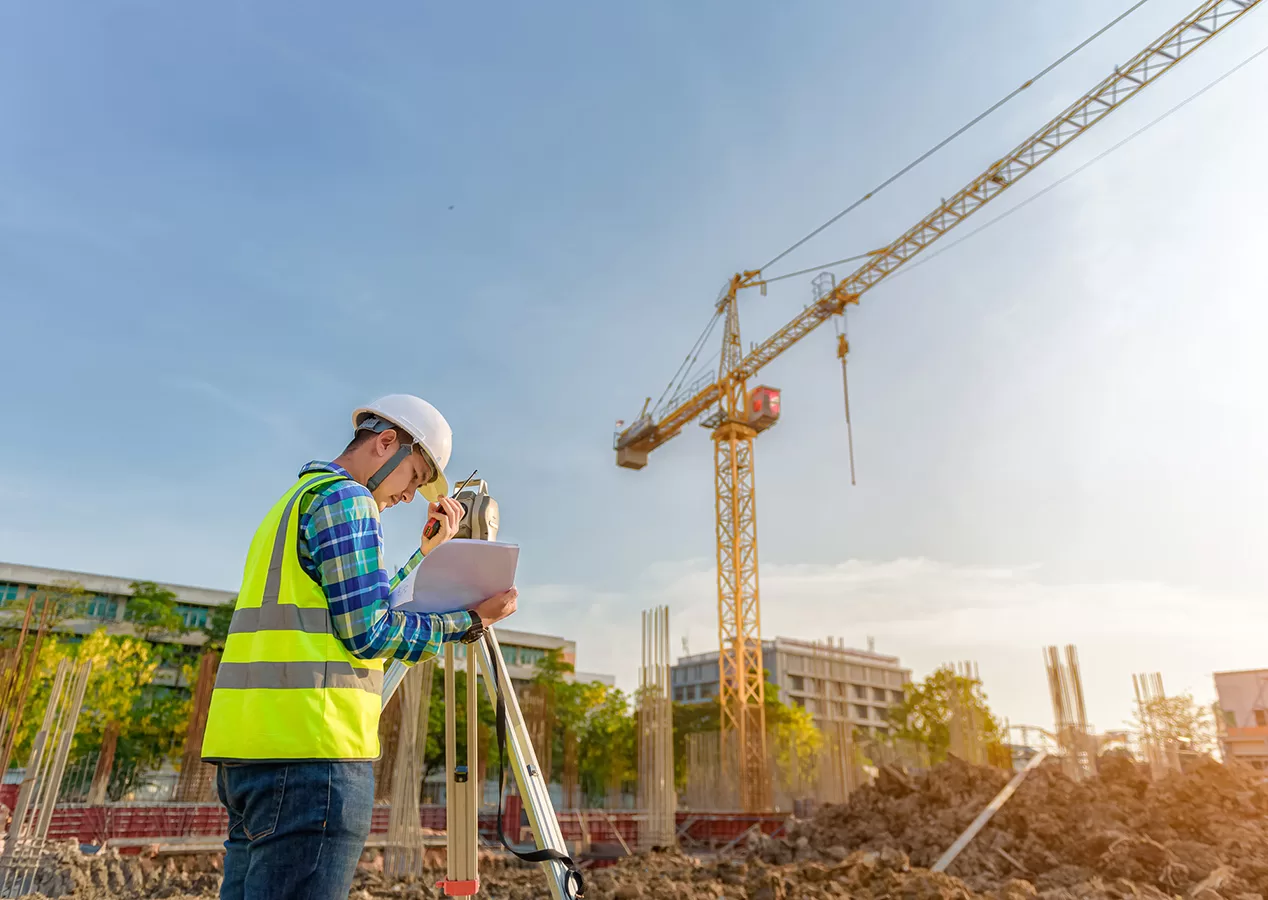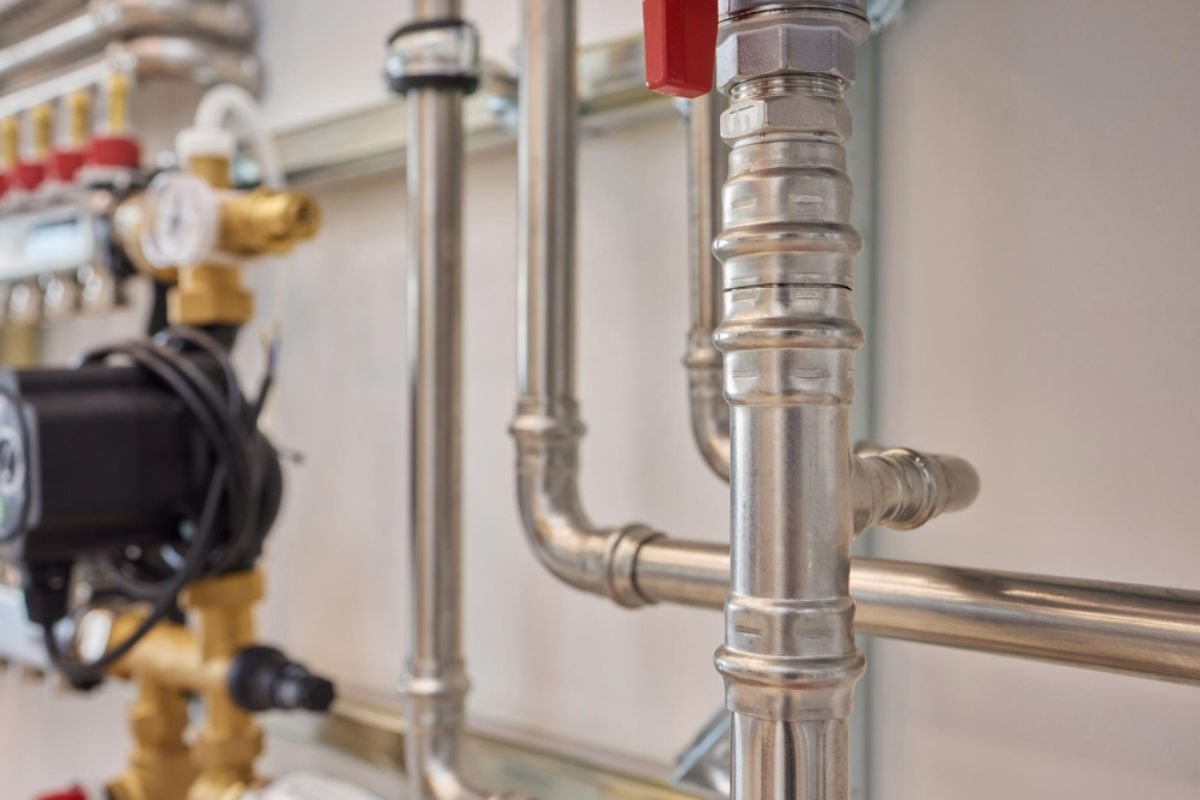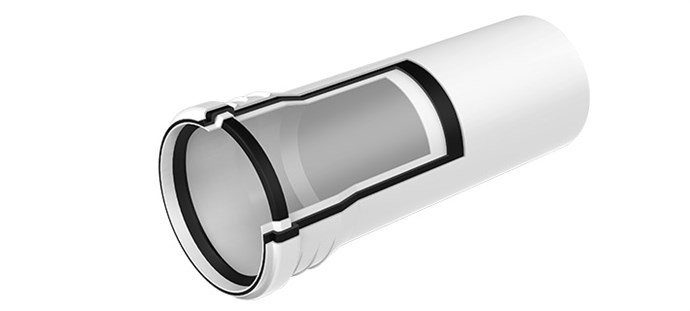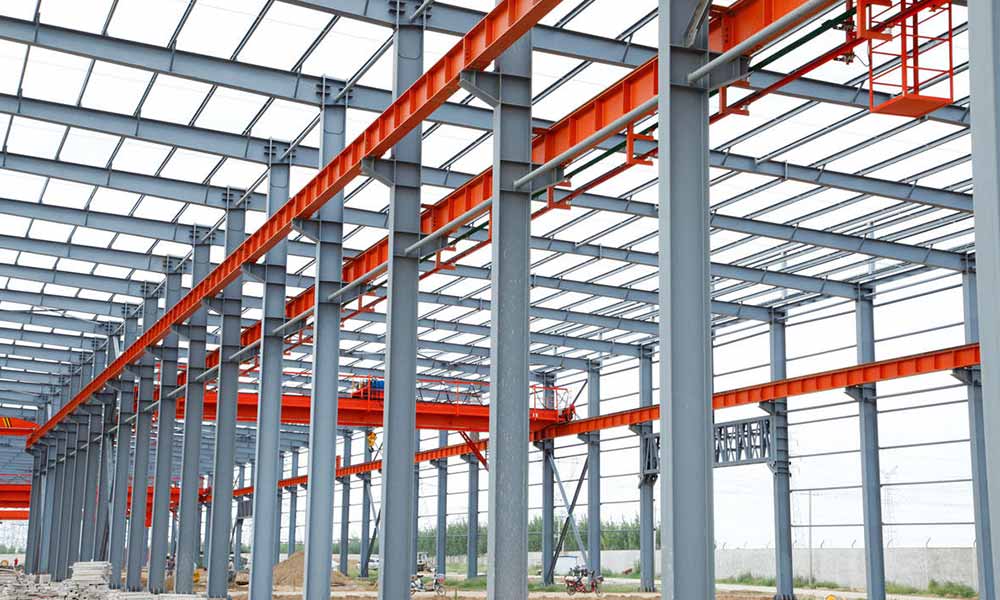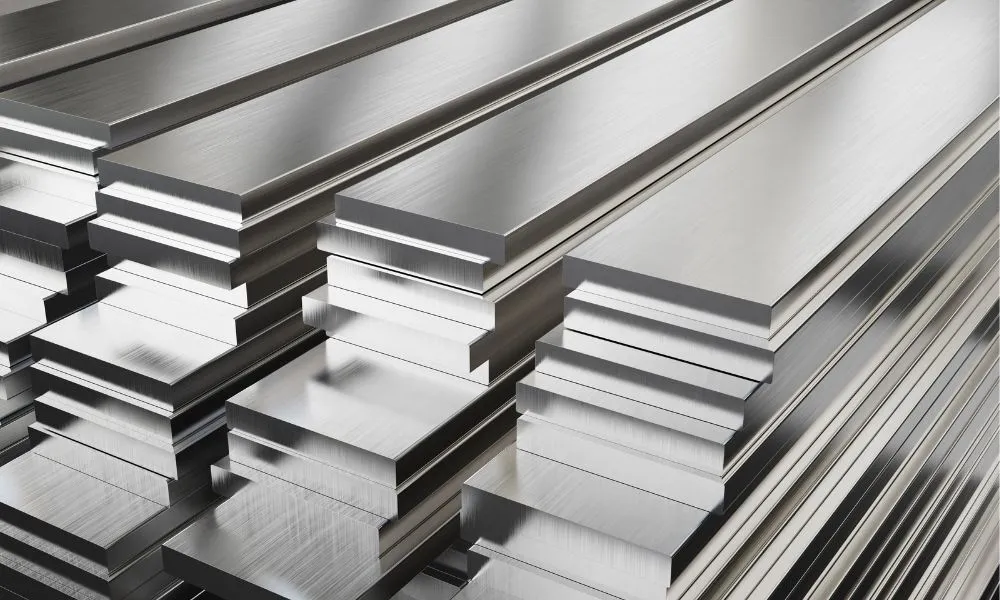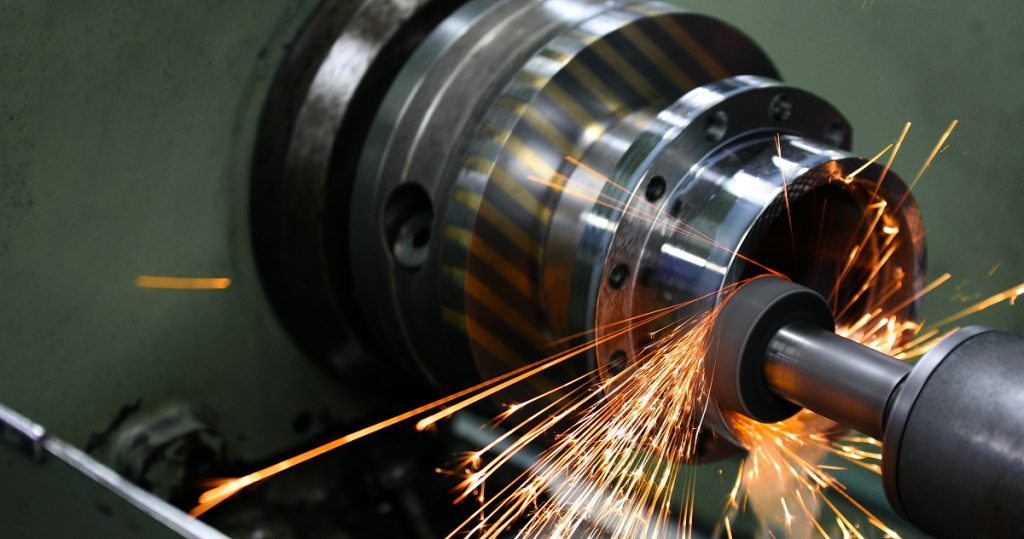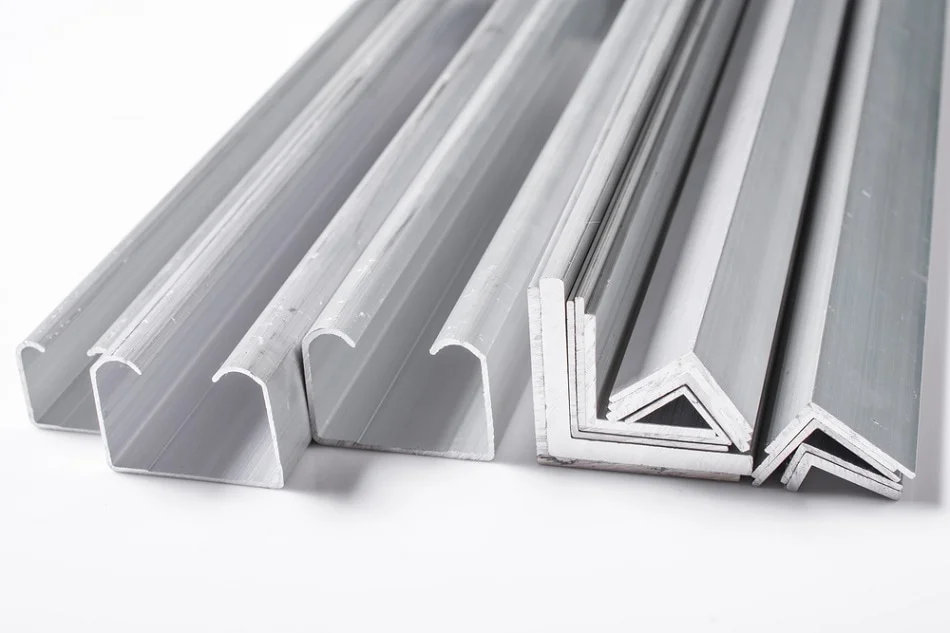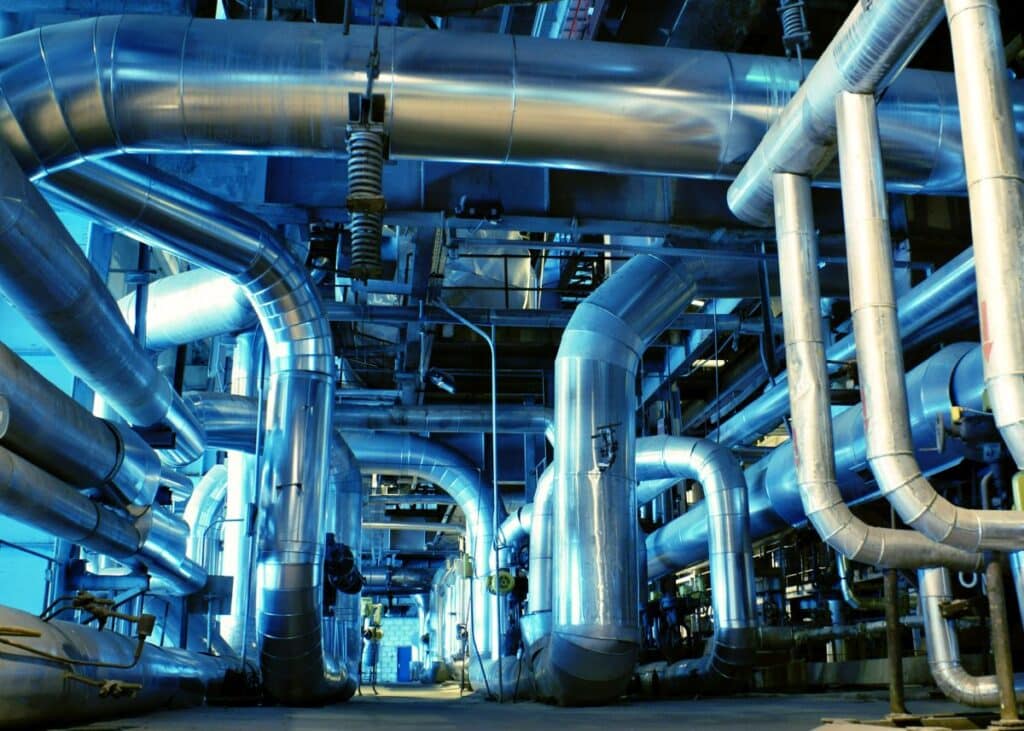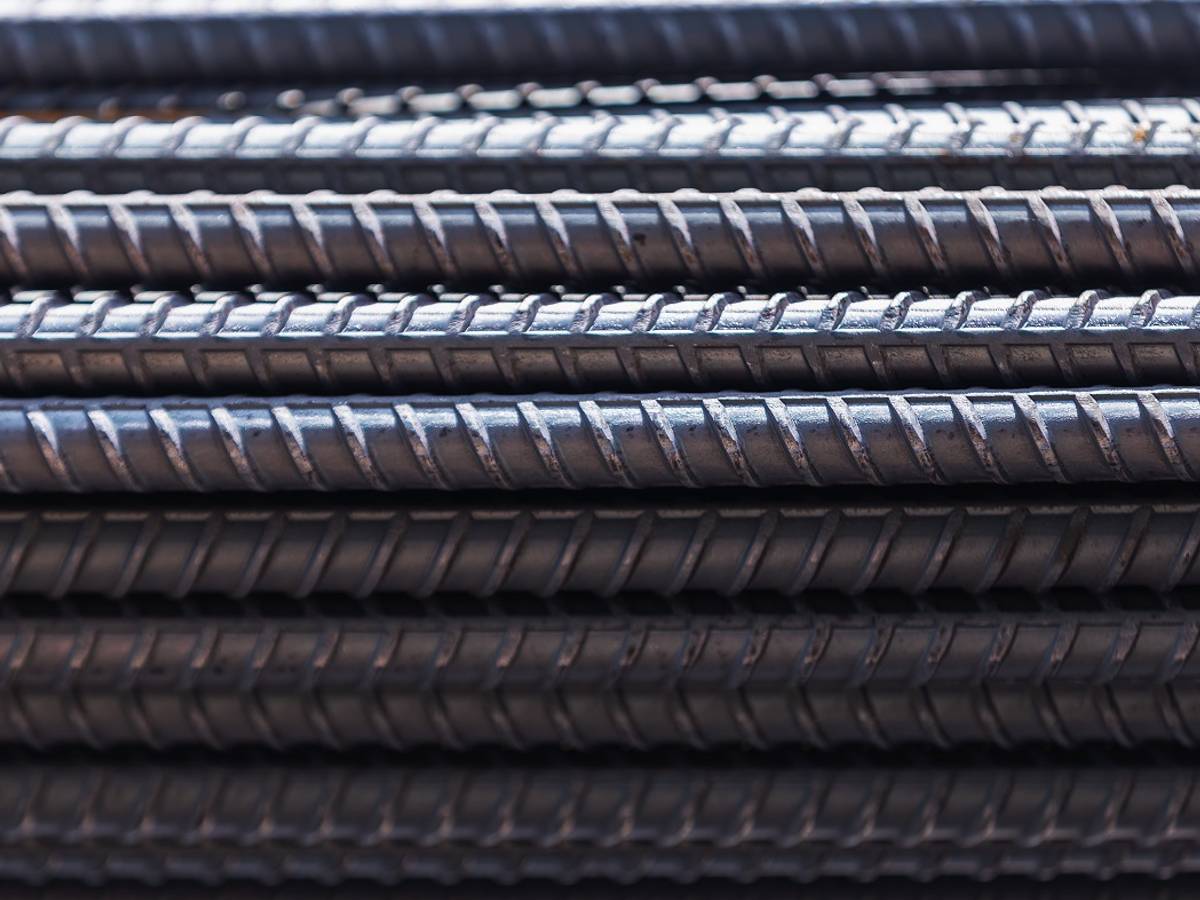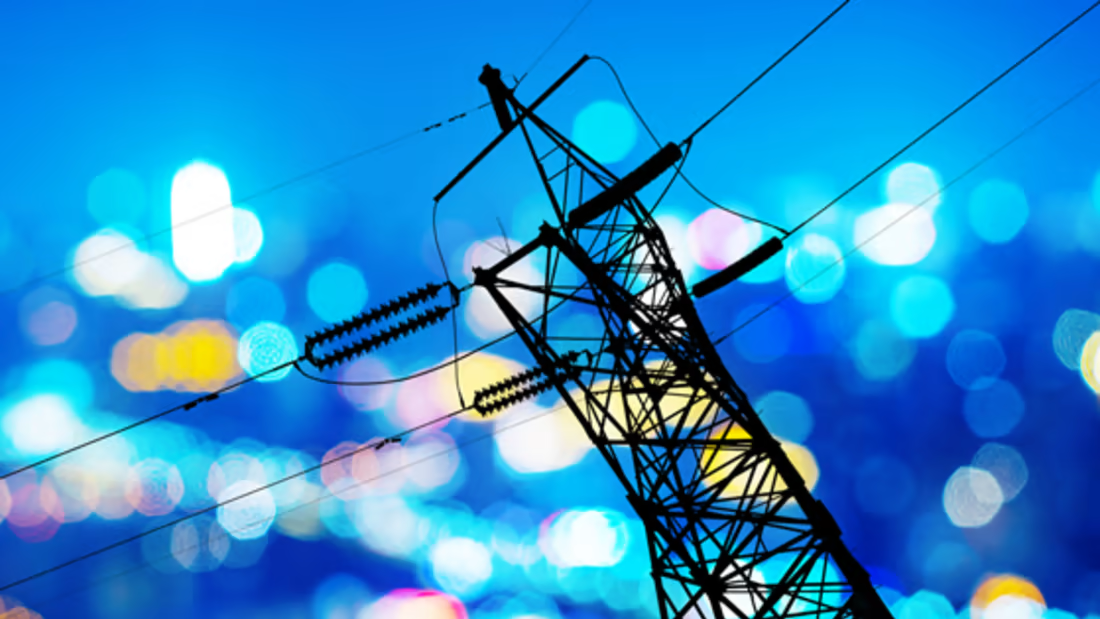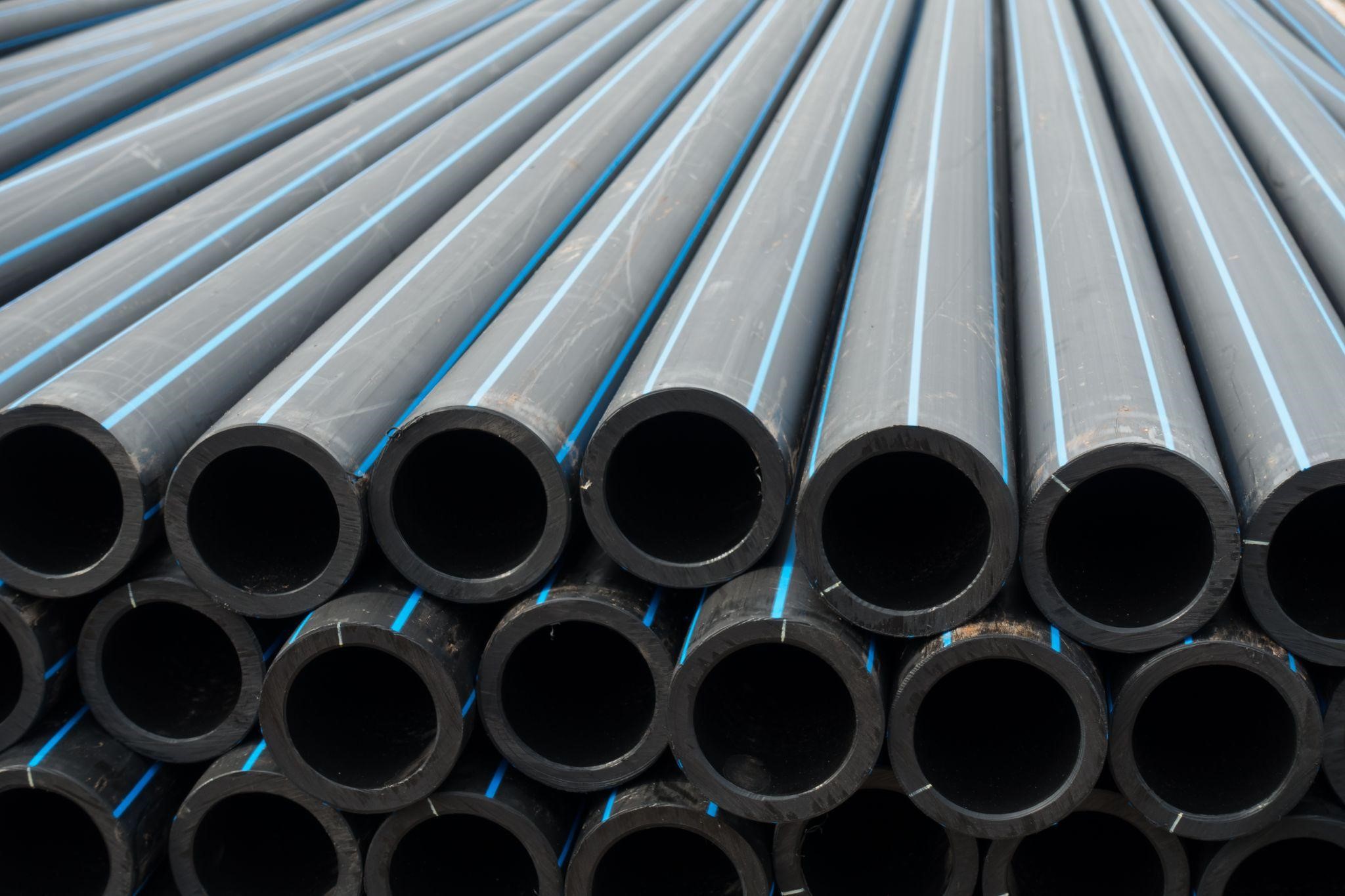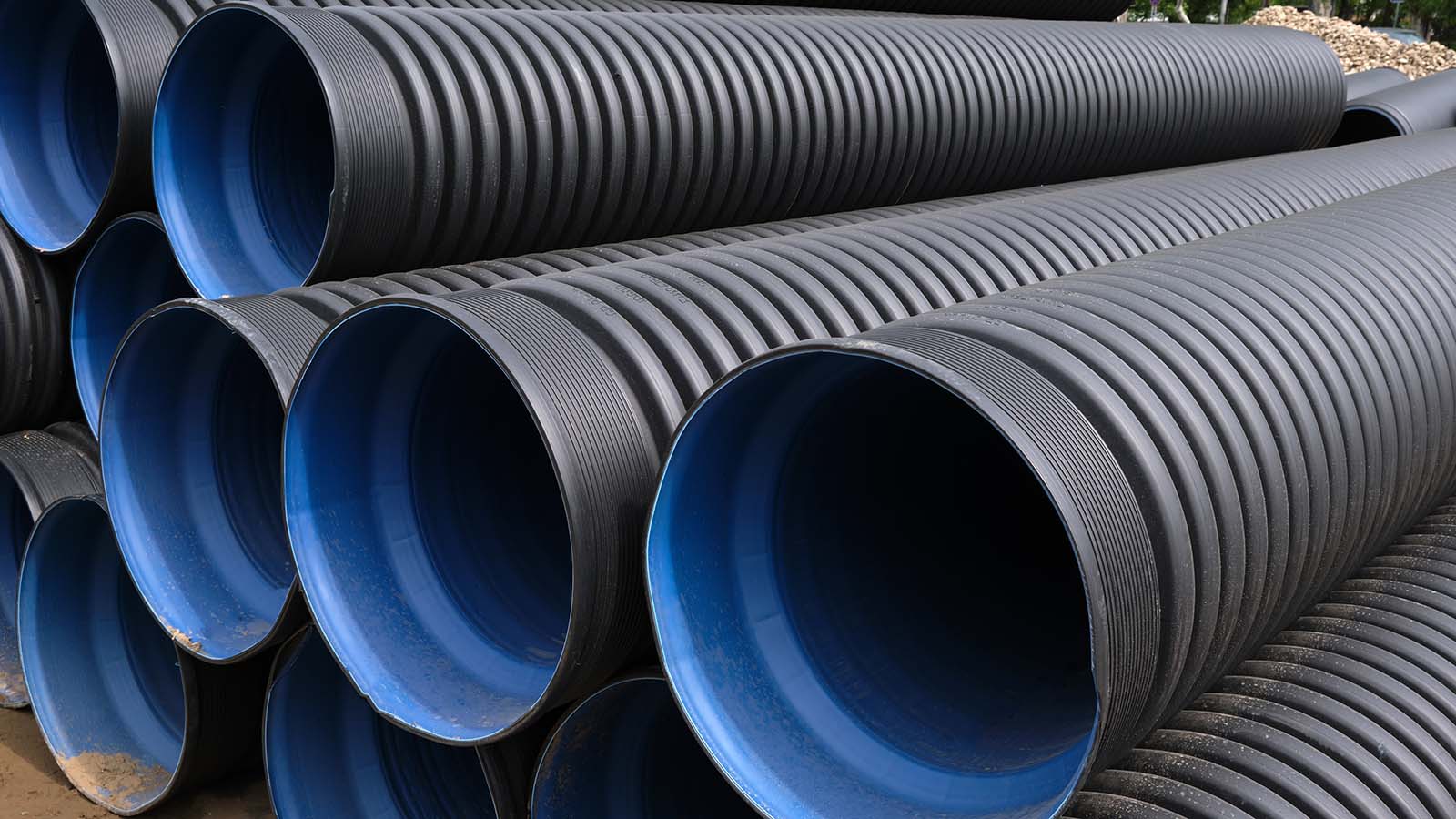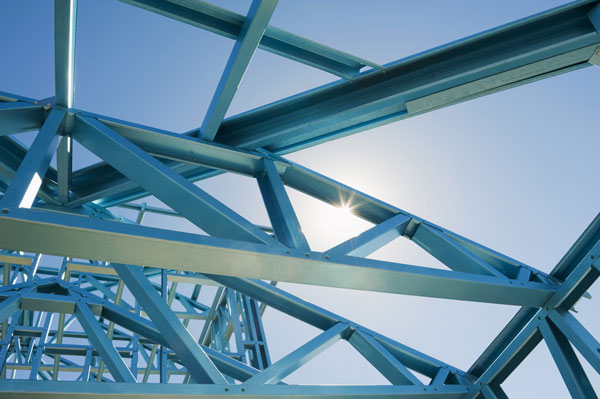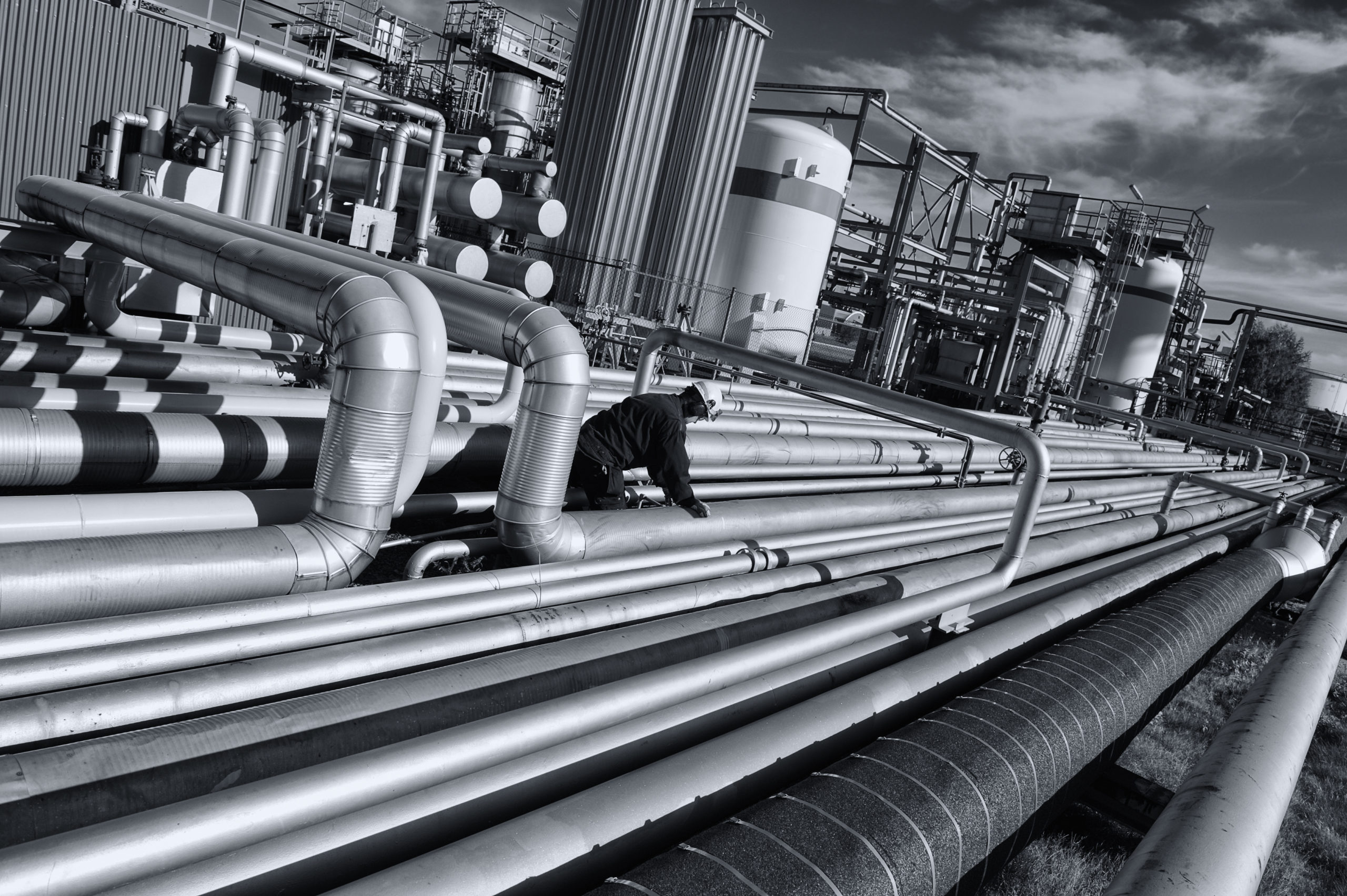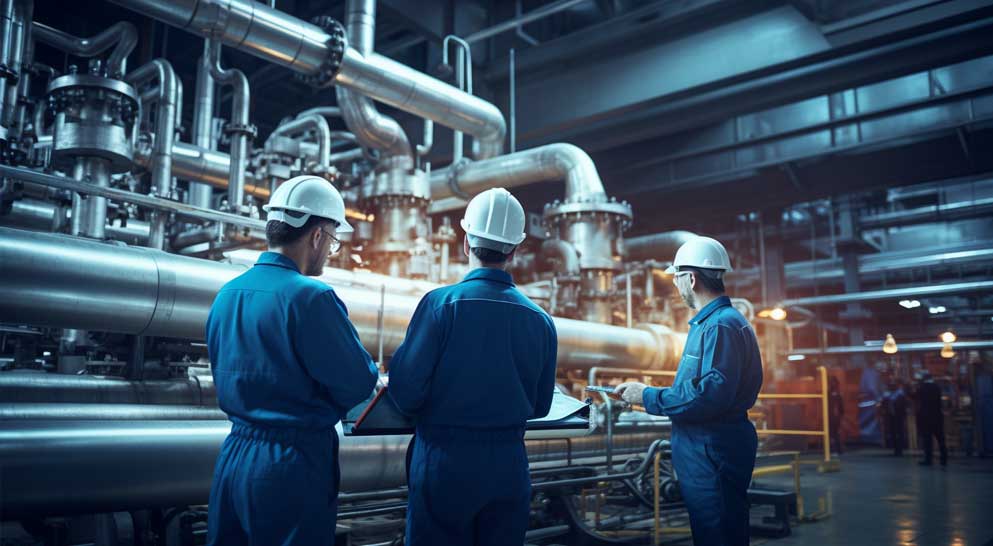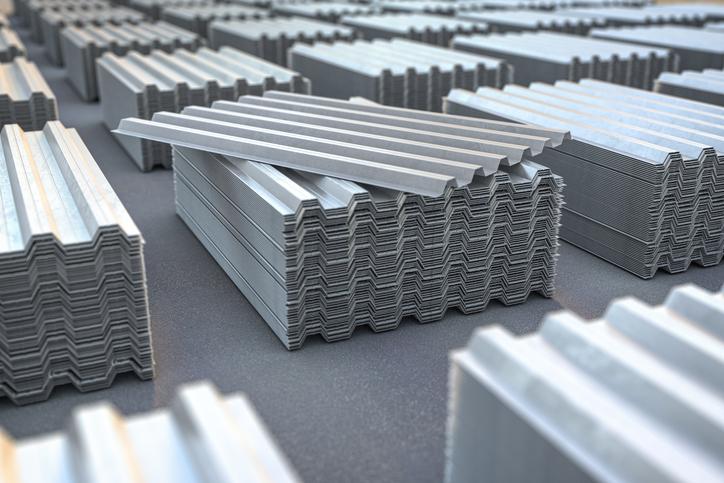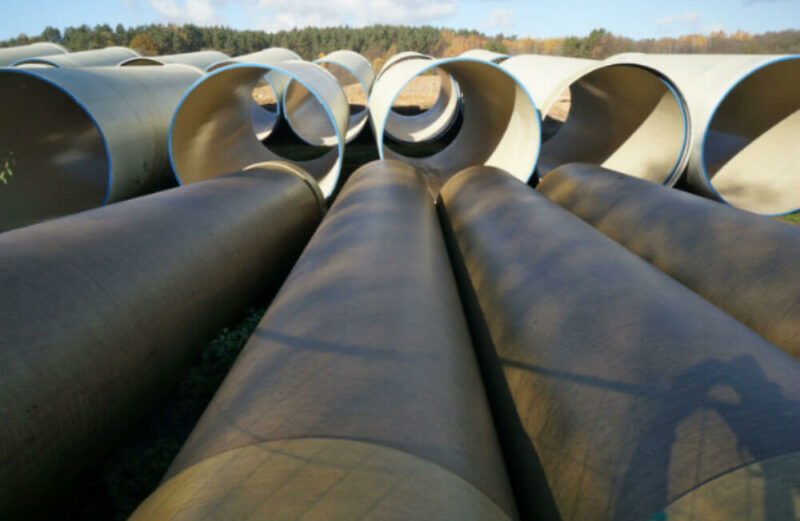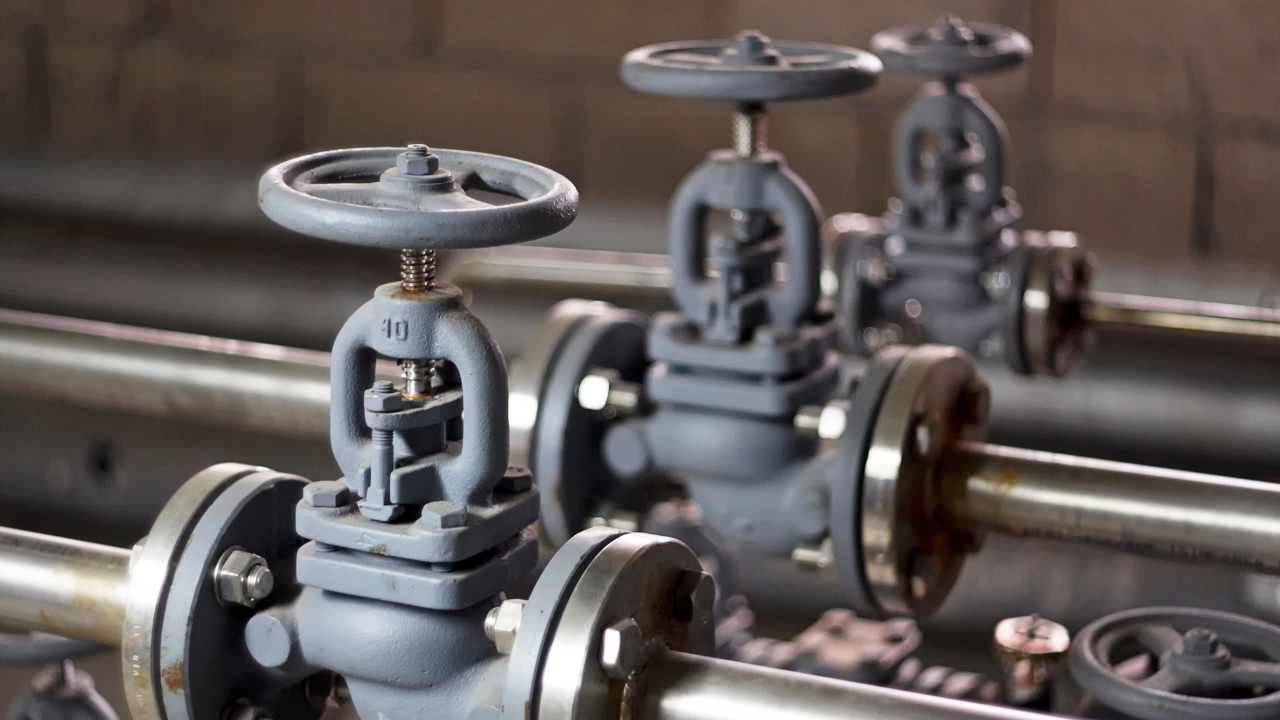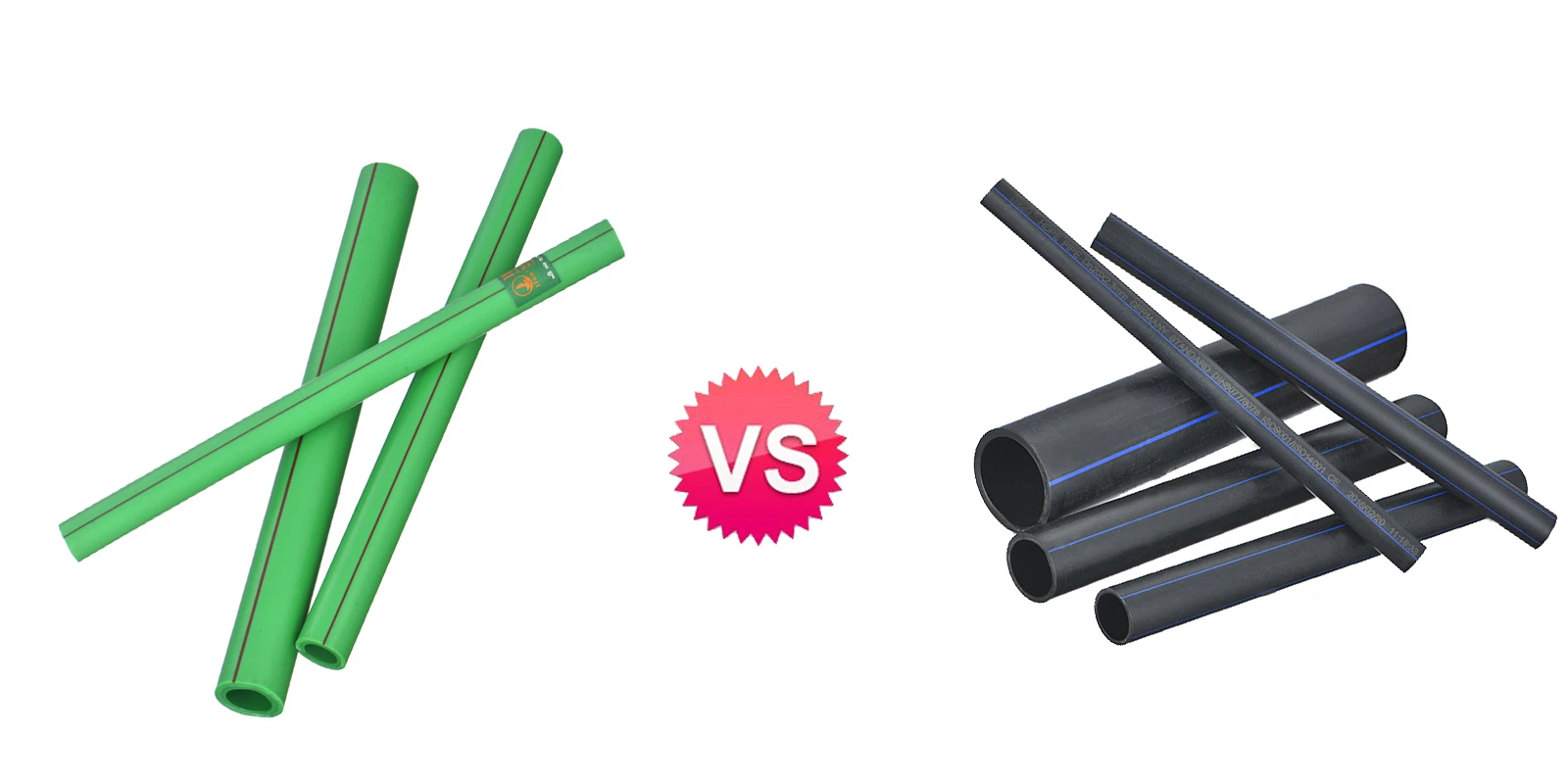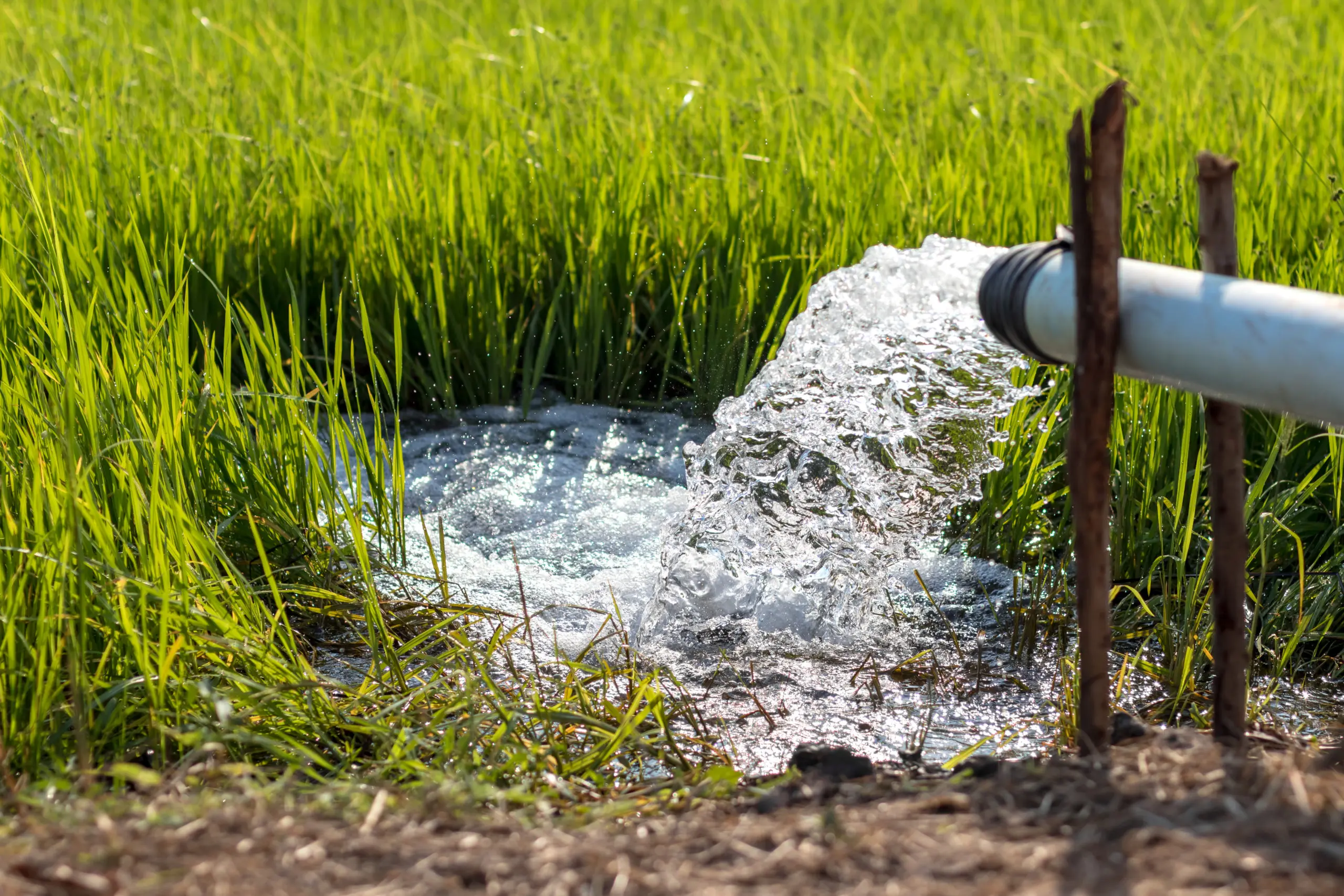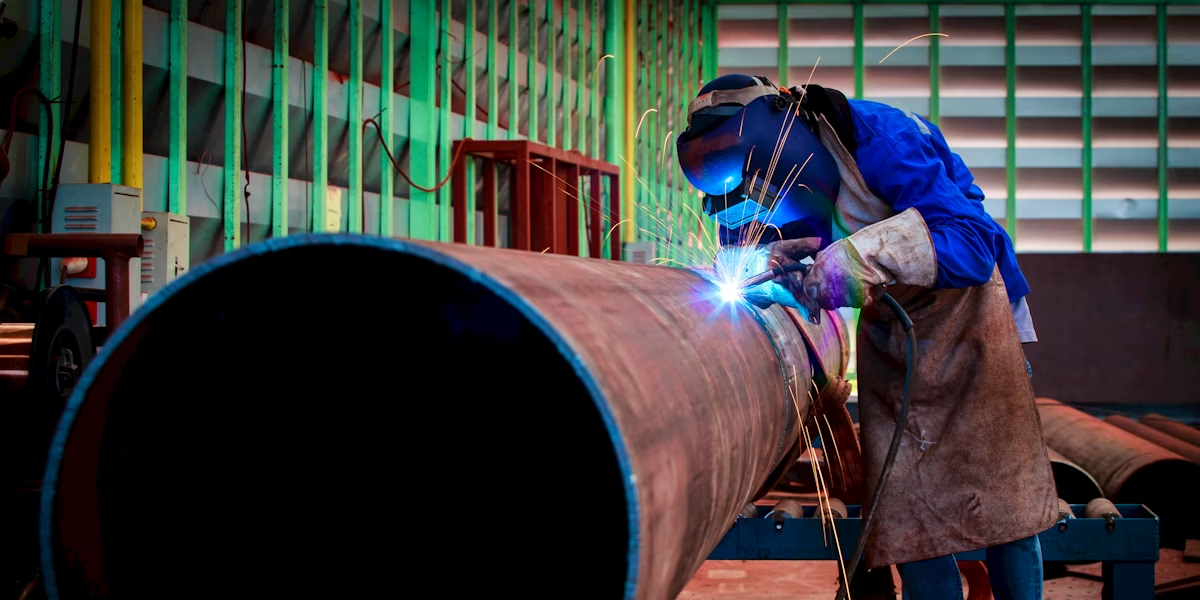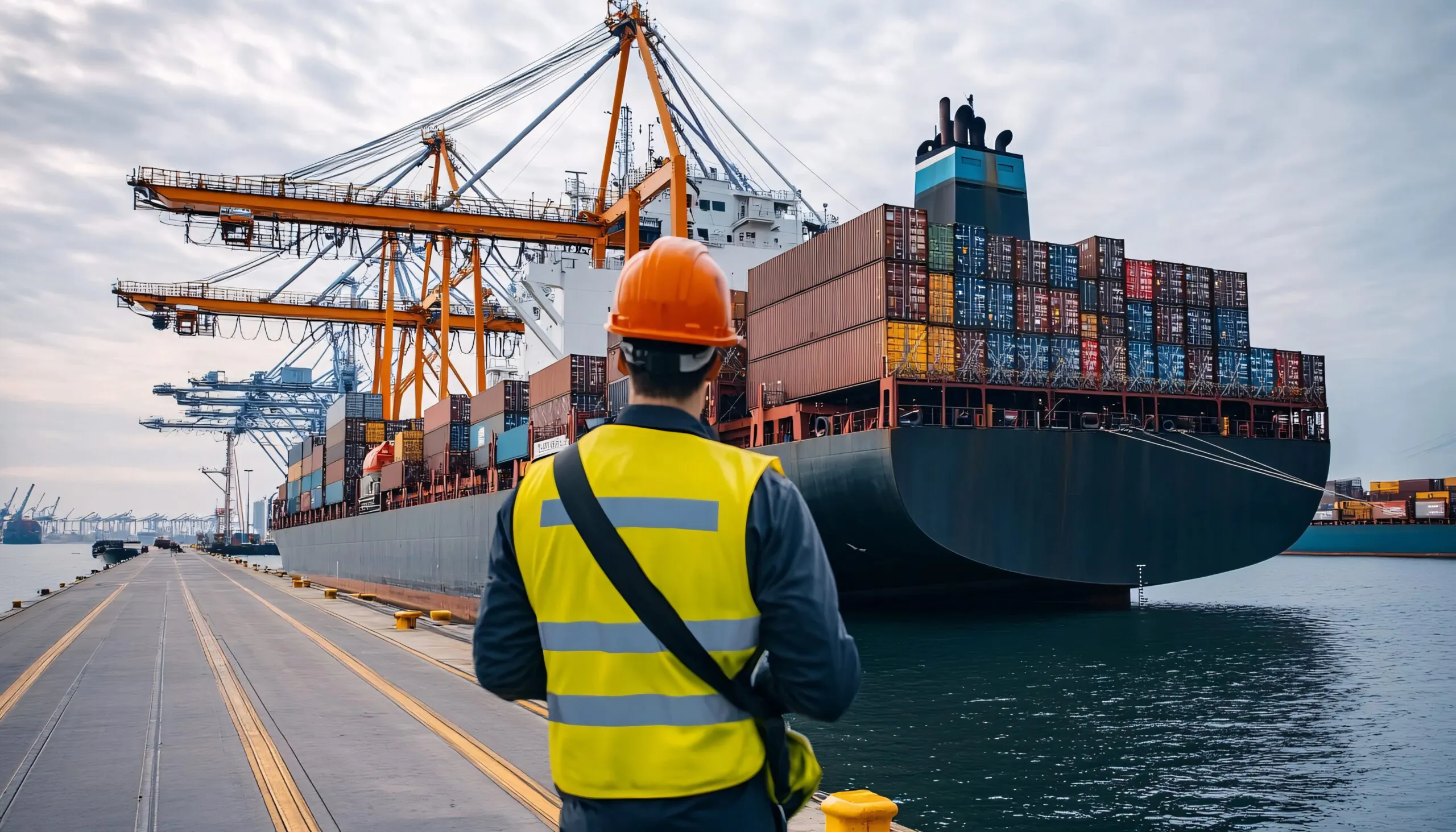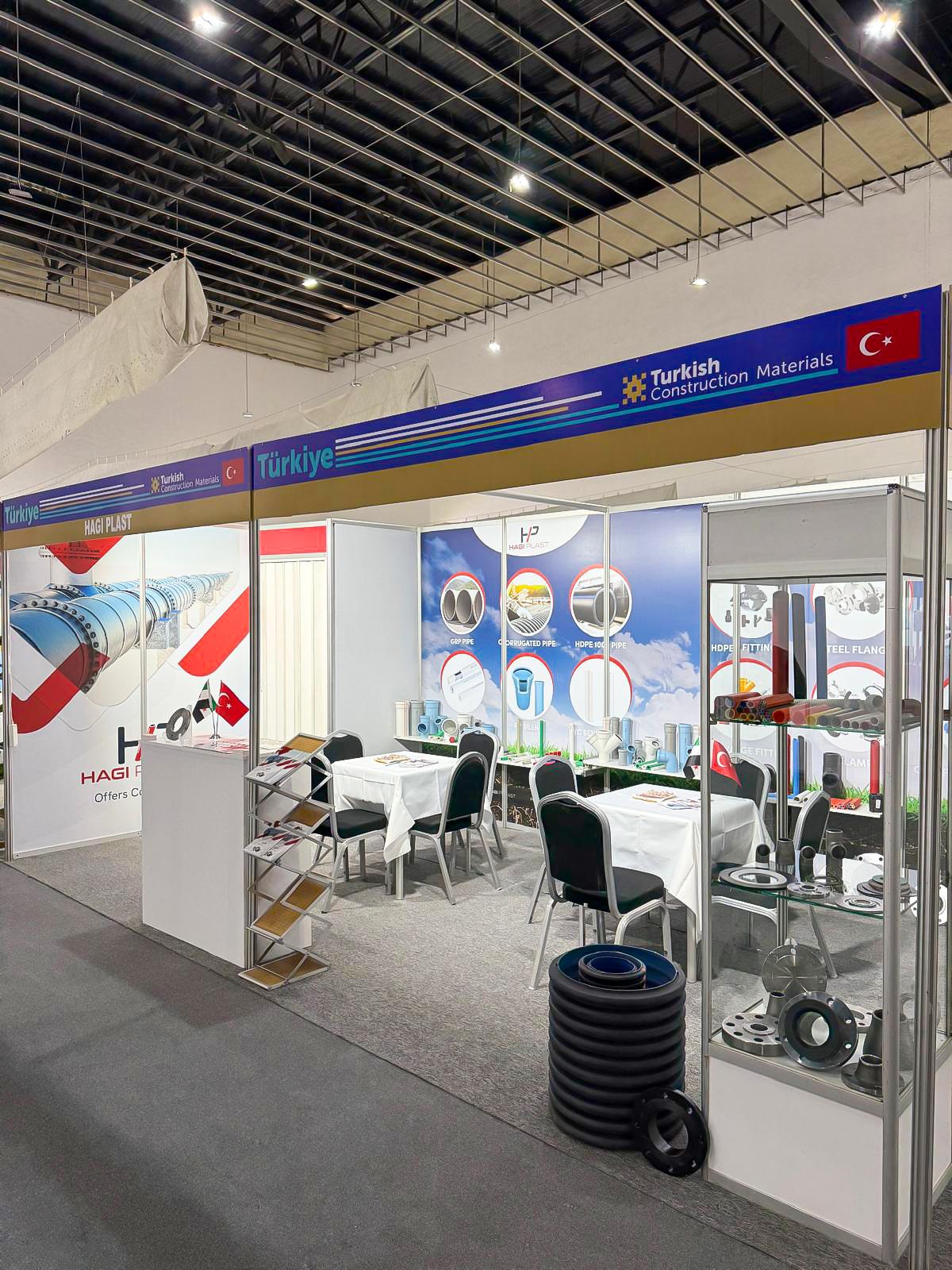
- Home
- Safety and Efficiency in Natural Gas Pipes
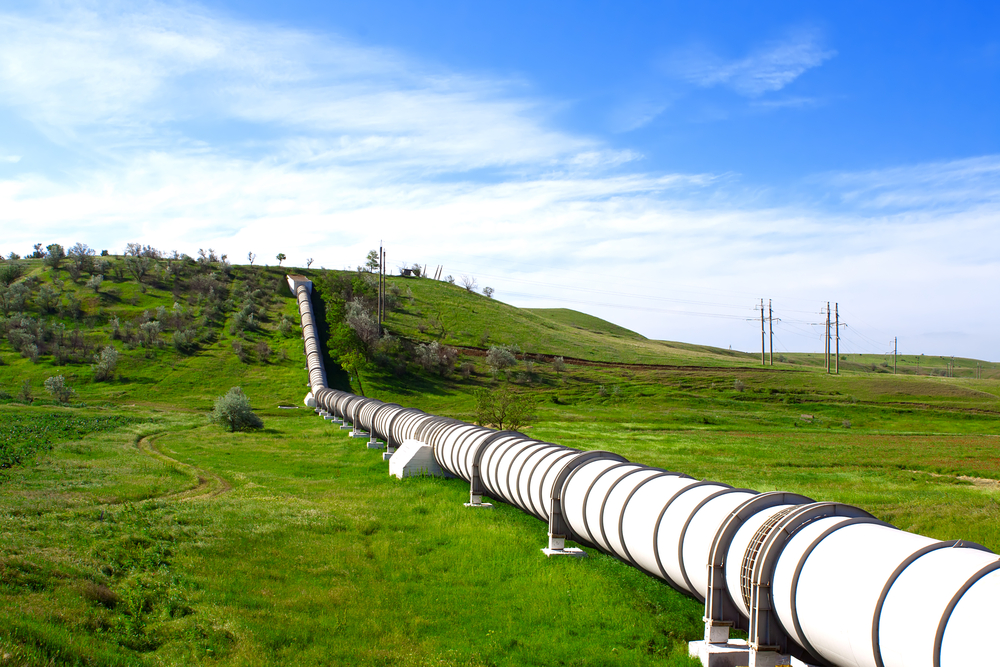
Safety and Efficiency in Natural Gas Pipes
Natural gas pipes are of vital importance in energy transmission and must be meticulously designed in terms of safety and efficiency. Although natural gas is a common energy source with its high energy density and low costs, it can pose security risks during transportation and transmission. Therefore, it is necessary to select high-quality pipes and implement appropriate installation and maintenance processes to ensure the safety of natural gas pipelines and increase system efficiency.
Safety is one of the top priorities in natural gas pipes. The durability of the pipes, their resistance to corrosion and their resistance to high pressure are of great importance. Steel pipes are the most preferred type of pipe in natural gas transmission because steel allows the gas to be transported safely with its high strength and durability. The inner surfaces of steel pipes are protected with special coatings to ensure impermeability against gas leakage. In addition, the welding techniques used in the assembly of steel pipes ensure the safety of pipelines even when faced with all kinds of external factors.
Efficiency is another important factor to be considered in the design of natural gas transmission lines. In order for the pipeline to operate efficiently, there should be no blockage, leakage or deformation that prevents the fluidity of the gas. Plastic pipes, especially PE (Polyethylene) pipes, have begun to be used in natural gas transmission and have attracted attention with their features that increase efficiency. The flexibility of polyethylene pipes facilitates the installation process and makes them resistant to environmental factors. In addition, the sealing properties of PE pipes prevent gas loss and increase the efficiency of the system.
However, regular maintenance is required for natural gas pipe systems to be long-lasting and efficient. Periodic inspection of pipelines, detection of possible leaks and replacement of worn parts of the pipes ensure continuity of safety and efficiency. In addition, correct placement of natural gas pipelines and insulation measures increase the efficiency of the transmission system by reducing energy loss.
Safety and efficiency in natural gas pipes are ensured by the quality of the material used, correct installation, regular maintenance and appropriate insulation measures. Both steel and plastic pipes offer certain advantages in natural gas transmission and meet the requirements for safe and efficient energy transmission. Each of these factors ensures that natural gas systems operate efficiently and helps prevent potential accidents.
News
Let You Be the First to Know about Our News and Announcements.
Your Email Address

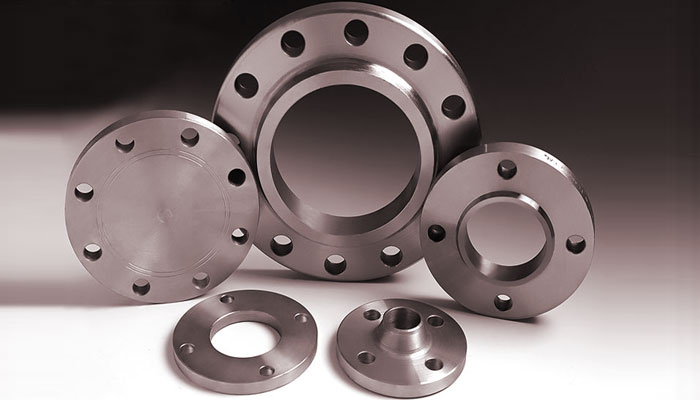
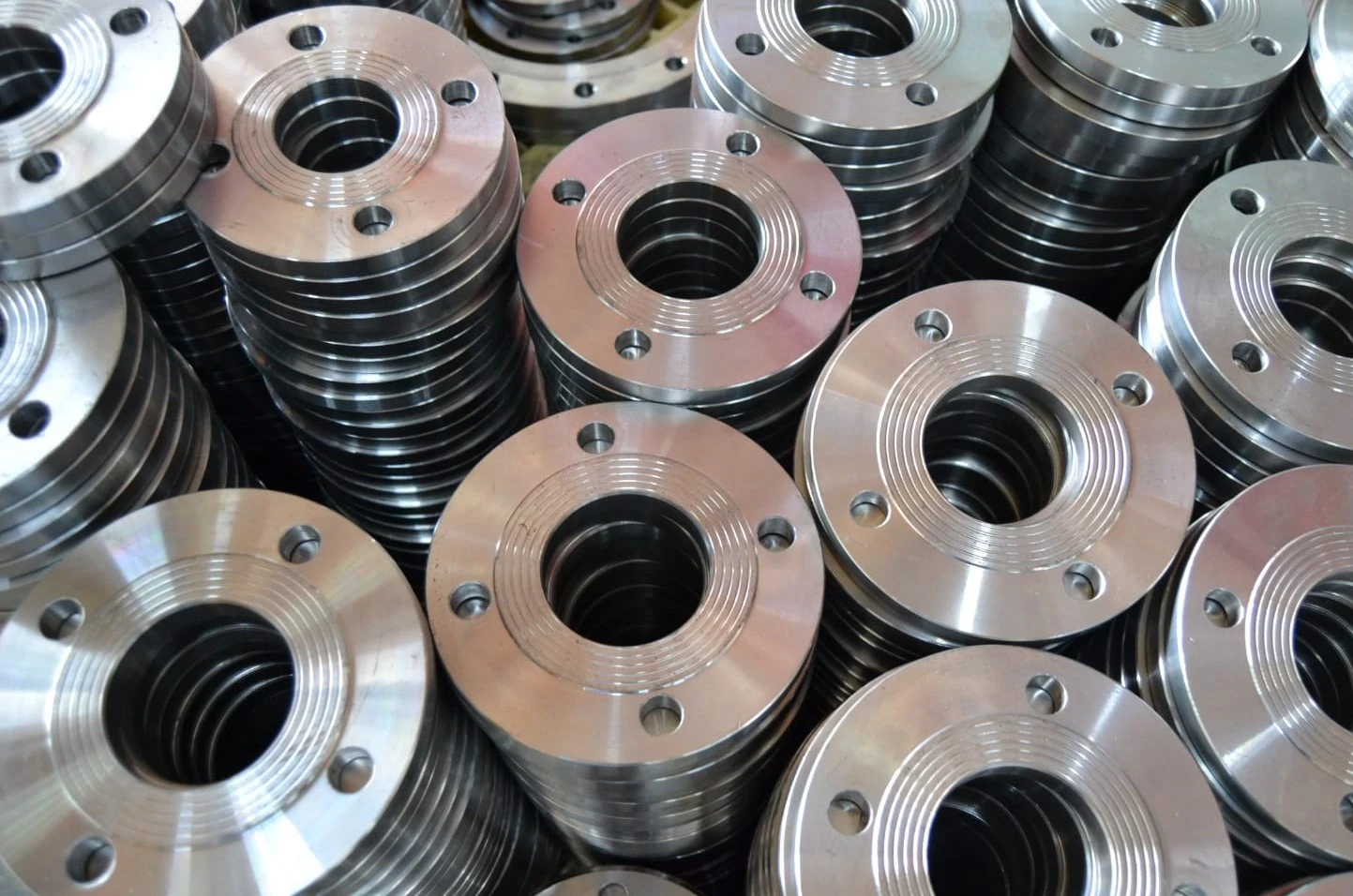
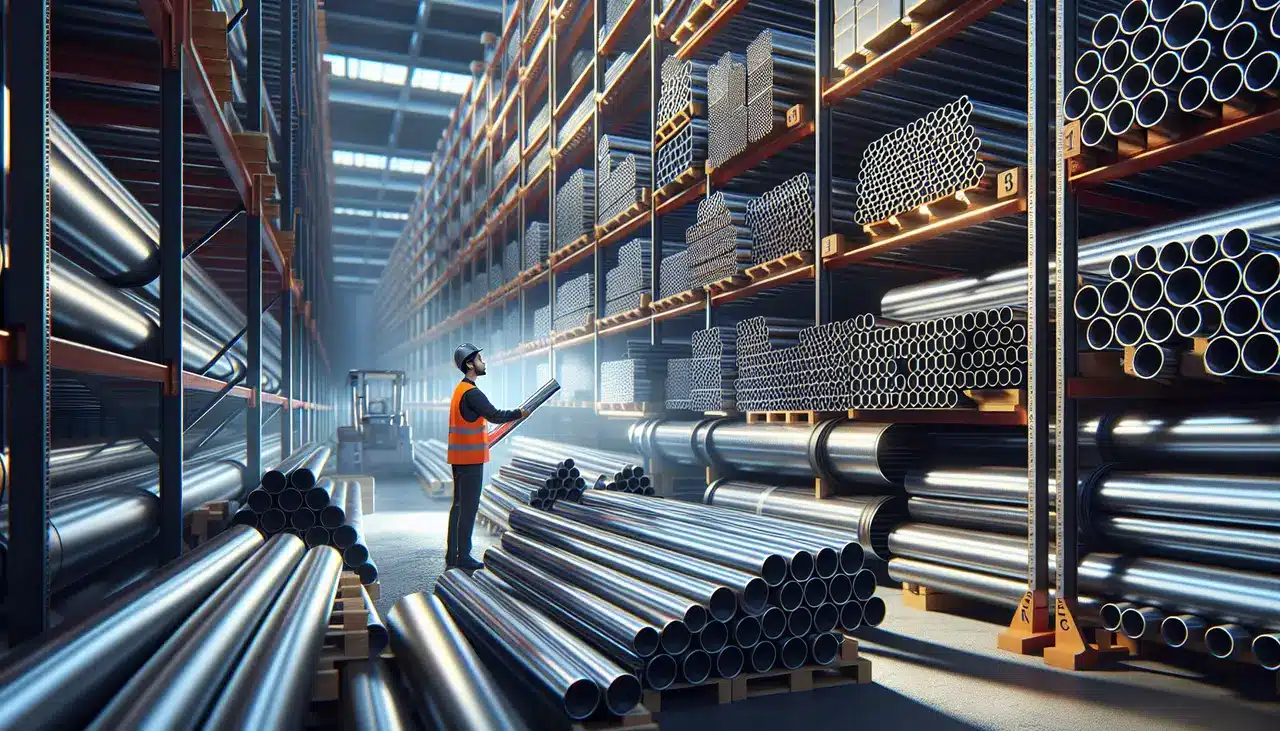
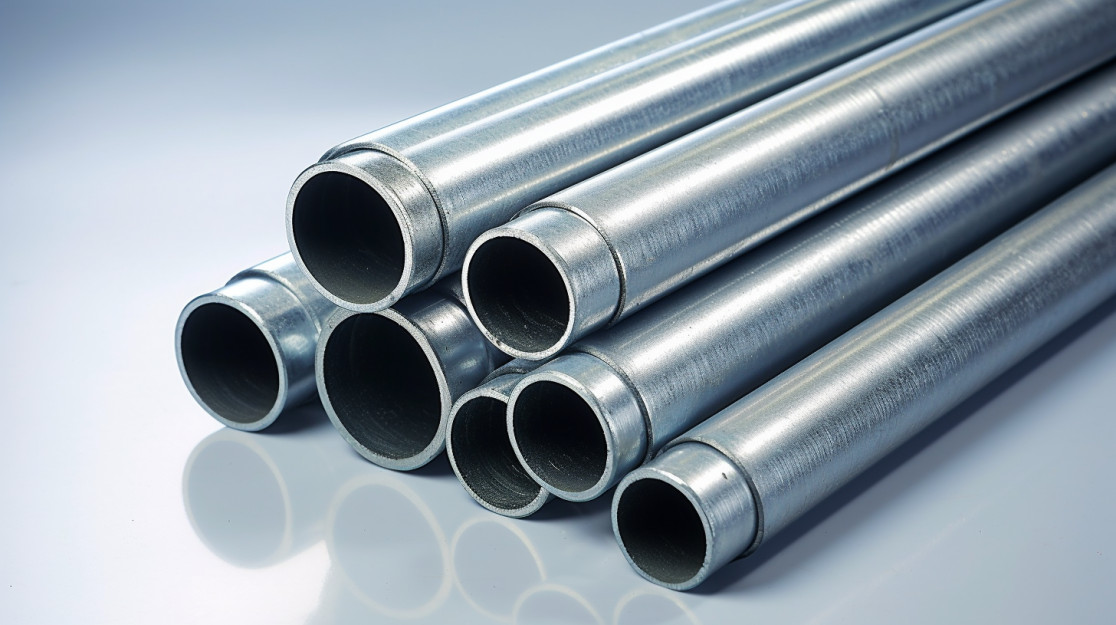
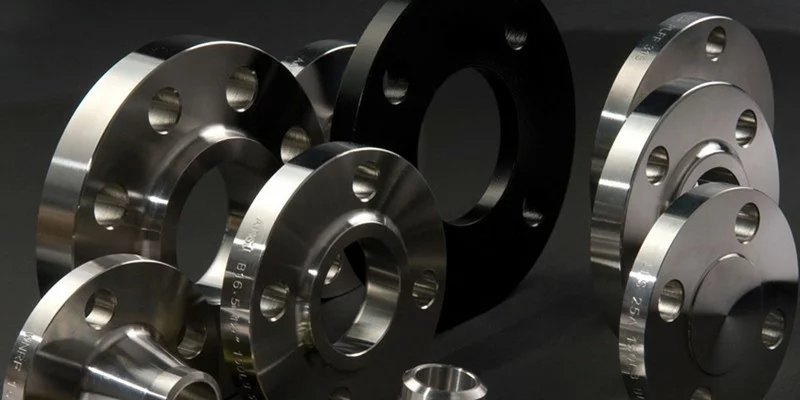
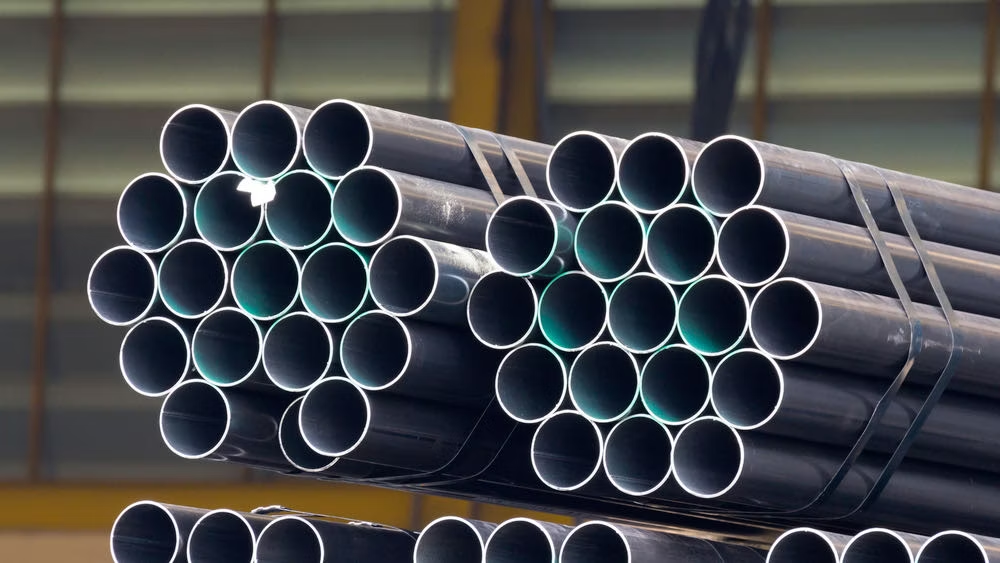

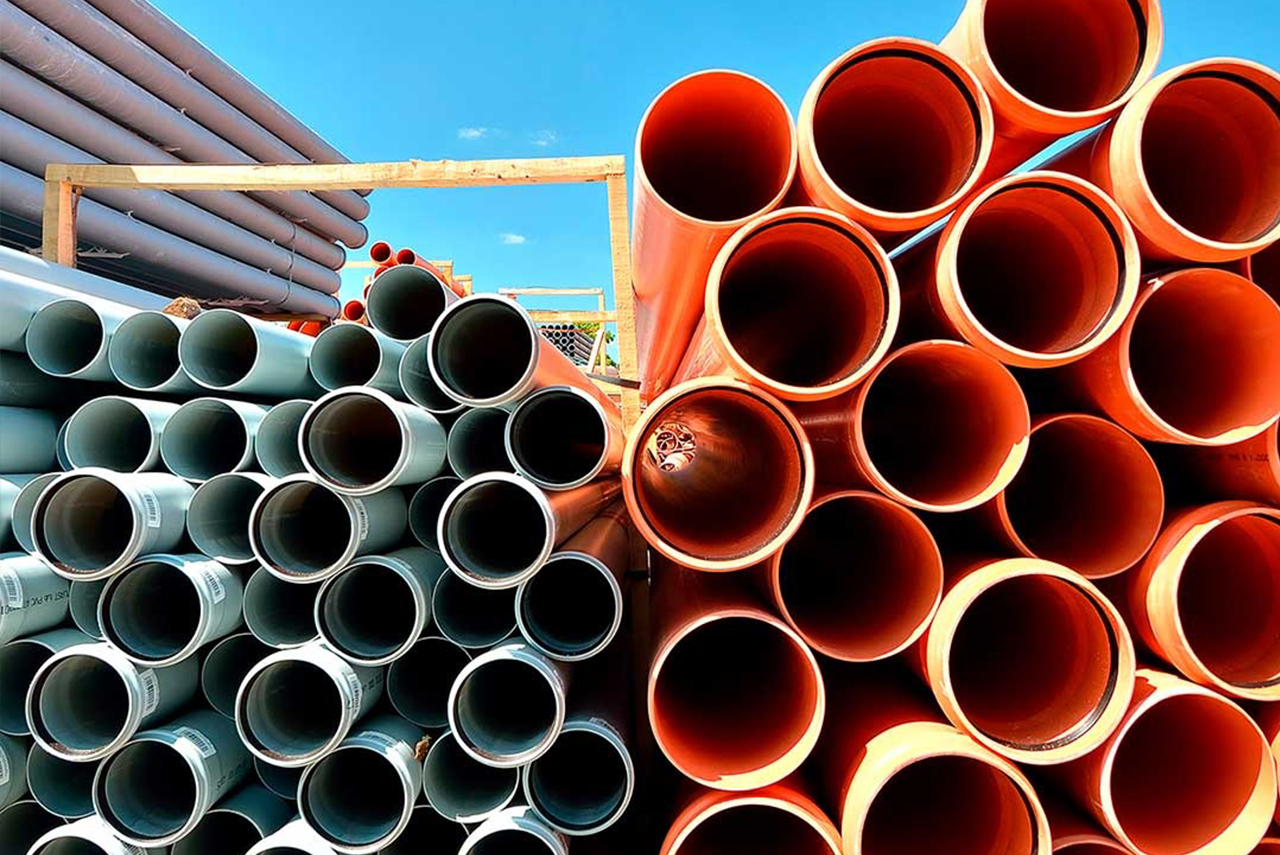

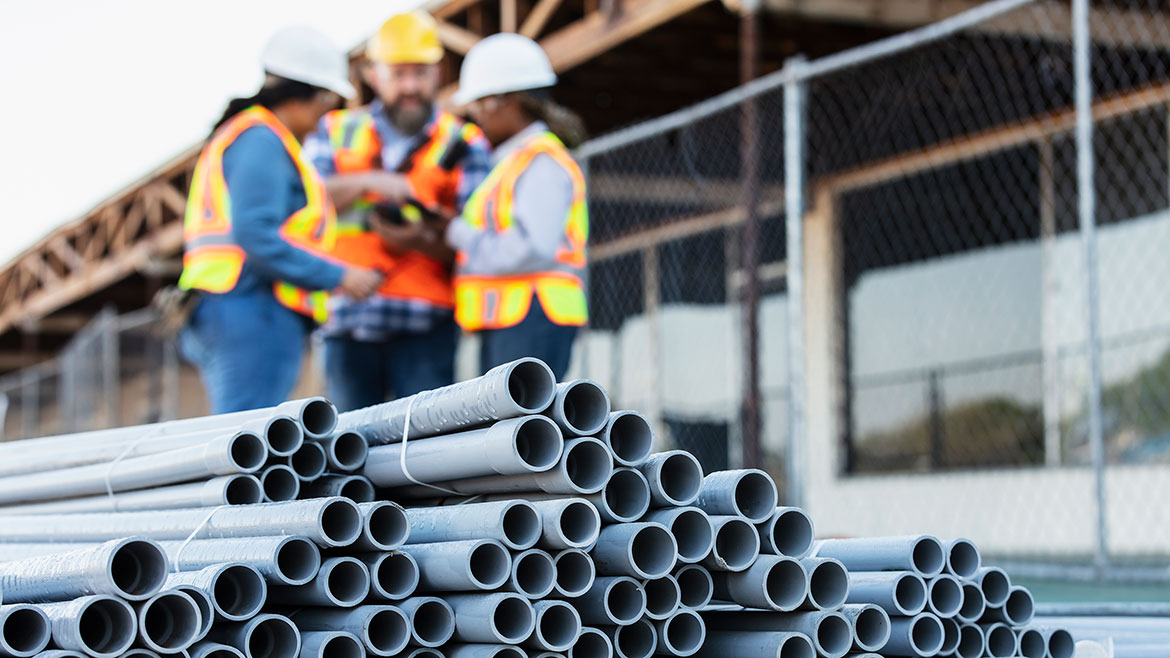


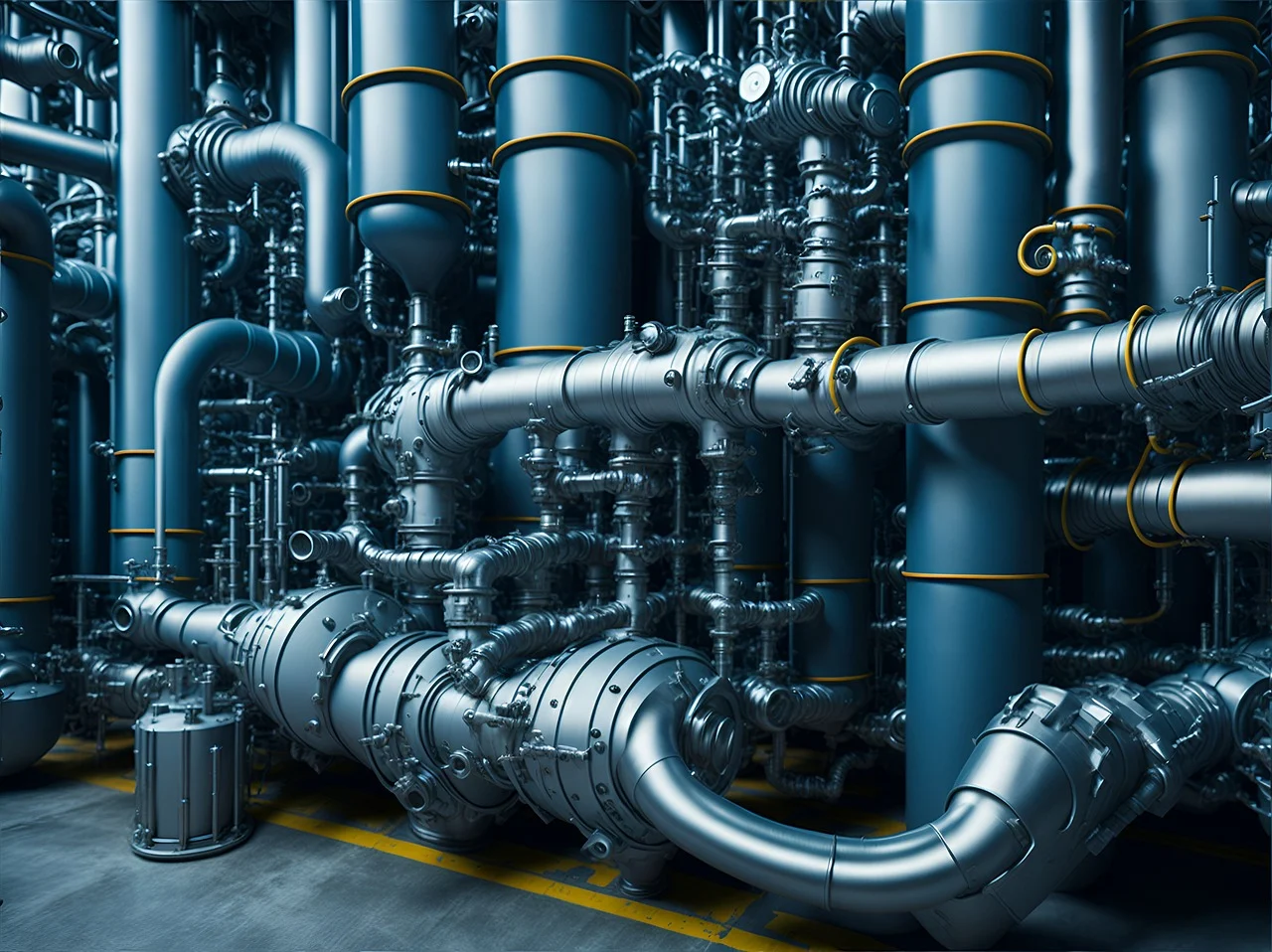
.jpg)
